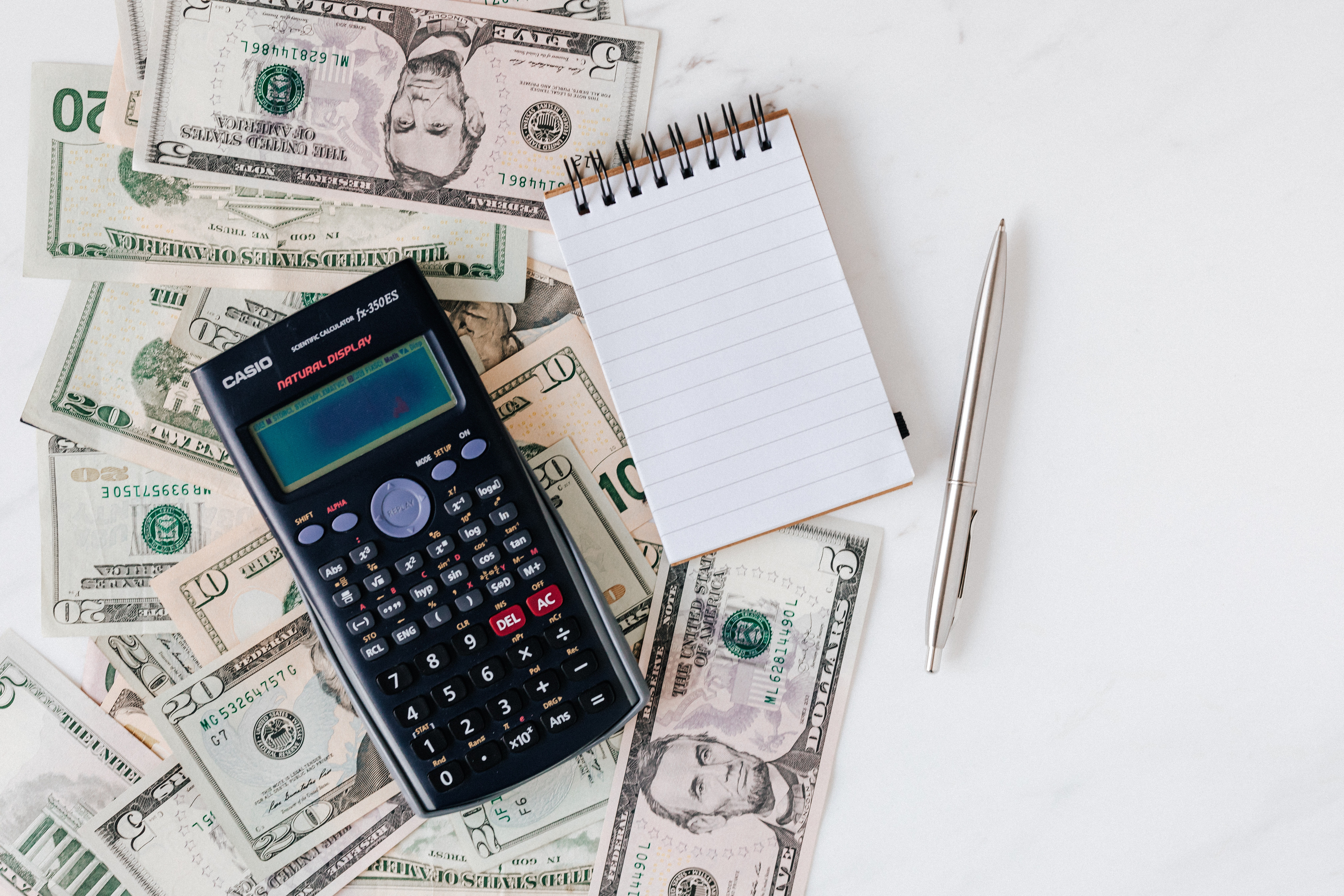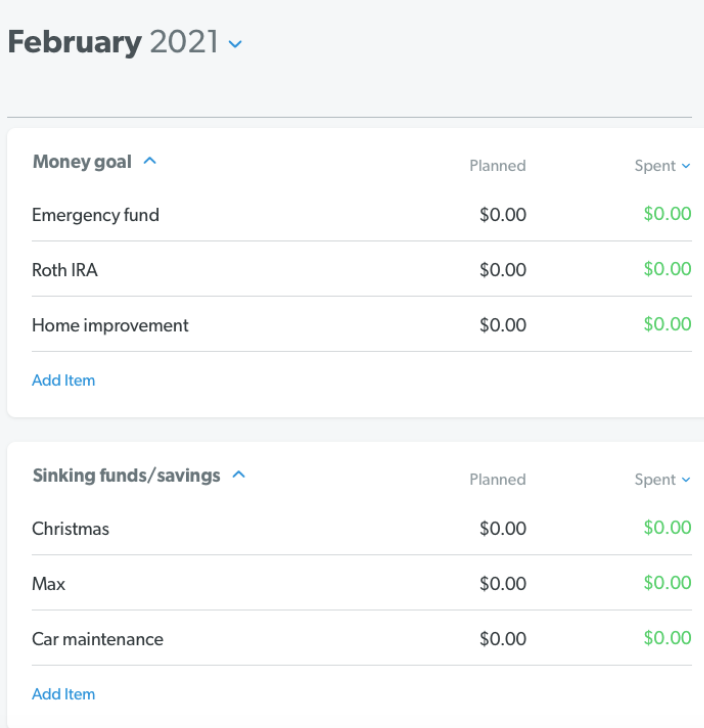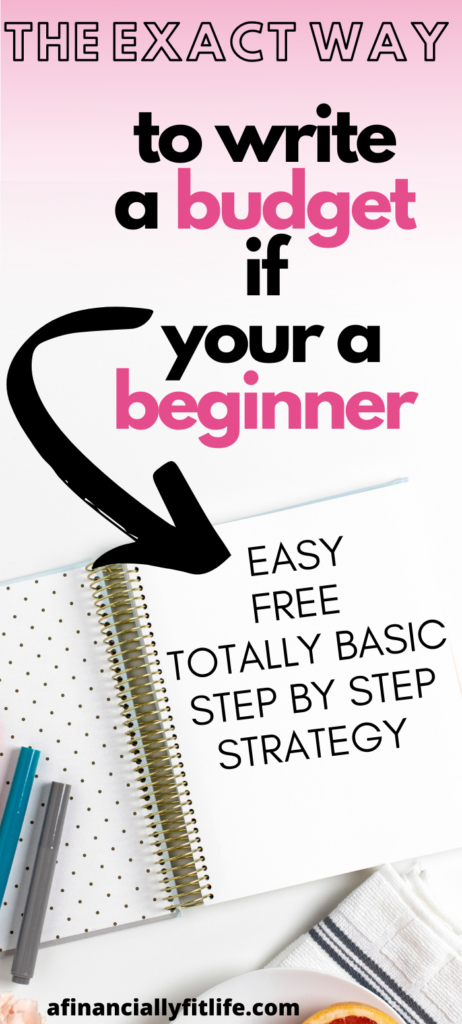This post is all about how to write a budget for beginners. Write an excellent budget by using this step by step method. Start winning with money today!

If you are reading this post you are in the perfect budgeting place.
One because you are ready to win with money, and two because you know you need a budget.
So let’s dive into what your budget needs so you can better organize your finances.
Before we do anything we need to be clear that a budget has a very special meaning.
When you write a budget, it is
YOUR P-E-R-S-O-N-A-L MONEY MANUAL.
Think of it as an individualized item number to your families finances.
It is not a restriction, it is not standard, it is not permanent, and it is certainly not something you can copy and paste.
Your budget is a reflection of your life and what you value most.
What is in your budget may not be in someone else’s.
And yes I am going to give you a strategy in which you should budget, but no budget is ever the same.
Call it what you want if the word “budget” sounds restrictive.
Your budget is a written personal document acting as an instruction manual for your money.
Now that we understand what at budget is…
Here is where to begin when writing your first budget
Find a place to host your budget.
Because you are a beginner you may choose one of these budgeting methods.
Your options are:
- Pen and paper
- Some type of excel or google spreadsheet
- A free or paid budgeting service or software

If you have these 3 steps I discussed in this post completed you are ready to pick a budgeting method.
If you haven’t go back to that post and make sure you do those steps first before writing your budget.
Choosing Pen and Paper means you will need just that.
If you are an excel user a spreadsheet might be a good option.
You can either create your own excel/sheet document or you can purchase a template for an extremely low cost. Etsy is the cheapest for these.
The method I used when I was a beginner was Dave Ramsey’s Everydollar website.
The reason I liked it was a) – it’s free, and b) – if you are a beginner it has really good prompts for your categories and you can easily customize it.
Everydollar also does the math for you. And I don’t basic math, I win with money.
I’m not going to go into great detail on how the platform works because you can find that out for yourself if that is the method you choose.
Now that we have discussed the different options we can get to the actual writing part.
How do you write your first budget?
The easy part is starting with your income.
Start with how much money you are going to make that month.
There are different ways to tweak your budget with different pay periods but we are talking about the basics.
If your income is inconsistent like mine unfortunately your income box will be a little bit harder to calculate.
Example using Everydollar

If your income is inconsistent put the lowest amount that you estimate to bring in.
After your income is your necessities
These are the items in your budget that allow your life to function on a daily basis.
This is not Netflix, this is not vacations, this is not eating out.
These are the items in your life that service your day to day needs.
Housing, necessary bills like water, electricity, sewer, gas, internet (not cable), phone, transportation, insurance, groceries.
Some of these categories are variable expenses and don’t happen every month like maybe your car insurance, or garbage pick up.
And no your Amazon prime is not a necessary bill that is a want.
This is where you may really have to take a look at your expenses.
Maybe you have to pay for child care in order to go to work.
These again are the expenses you must have in order to live.
List them out on paper or in you cell or fill them in on your app or website.
Make sure you add the due dates as well as the amount that you pay.
Next, we will budget for any debts
Often times even experienced people don’t put debt payments at the top of their budgets.
But you should.
Your debts are money that you MUST pay back to those you owe it to.
Or you know… you will get your car repossessed, go into collections, ruin your credit score, or worse.
Once you have everything you need to live, you need to pay back the people you owe, or they will find a way to get their money back.
List all of your minimum debt payment amounts, where they go, and when they are due.
The third category in your budget is paying yourself.
Not in the form of Netflix.
You Pay yourself buy allocating your money towards your financial goal.

If you haven’t yet set your money goal now is the time. Click here to learn how to set effective financial goals that you will actually achieve.
If your goal is to pay off $12,000 in debt by January 2022 you need to put $1,000.00 extra towards that goal per month to achieve it.
That is your next budget category.
If you want to max out your Roth IRA accounts which is $1,000 per month, that is your next budget category.
YOU NEED TO SEND THIS MONEY TOWARDS YOUR GOAL BEFORE YOU BUDGET FOR ANYTHING ELSE!
That is why you pay yourself first.
Next is any cash flowed expenses or sinking funds.
Because we have non-reoccurring expenses and smaller savings we want to work towards it is important that they are not forgotten about.
If you are saving for Christmas every month or putting money away for medical expenses make sure you add those to your budget.
If you pay for your car insurance once per year, or your car registration is due. These are important categories that shouldn’t be forgotten about.
Now you’re ready to budget for your Netflix subscription.
After budgeting for everything else you can spend the rest.
I know that sounds crazy to make everything else a priority before you spend but this is essential.
Having a budget and a financial goal gives your money a purpose.
Your money can’t just be chilling in a checking or savings account with no reason to be there.
You also have to spend your money first on your needs and then your wants.
First we spend it on our future self then our present self.
Everyone knows the famous Warren Buffett quote
Don’t save what’s left after spending, spend what’s left after saving
If you don’t have any money leftover or if you don’t have enough to cover even your basic debts and necessities, you have an income problem or a spending problem.
I will touch on how to fix that at a later date.
This is how you write a beginner budget.
- Find a budgeting method such as using google docs or the Everydollar website
- List all of your necessary expenses to live a normal life
- List all of your debts
- Add to your financial goal
- Save or pay for any future expenses
- Spend what is left
Your first budge may not be the one you stick with forever.
It will change over time but you have to start somewhere.
Comment below with any of your budgeting questions.
Interested in ready more:
Learn how to set effective financial goals
How to pay off debt in 2021 with these simple steps
Everything you need to know before starting a debt payoff journey
Pin for Later
